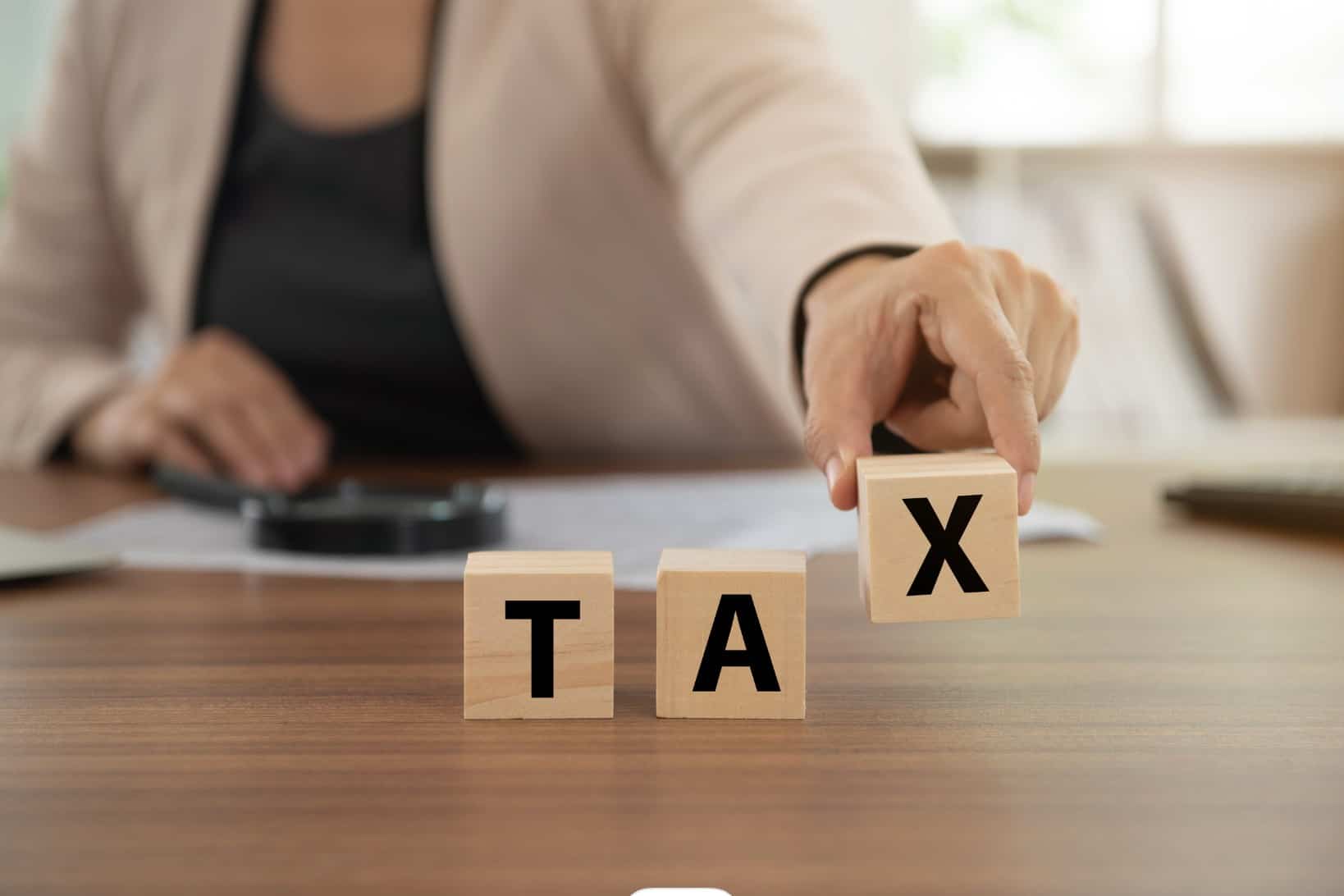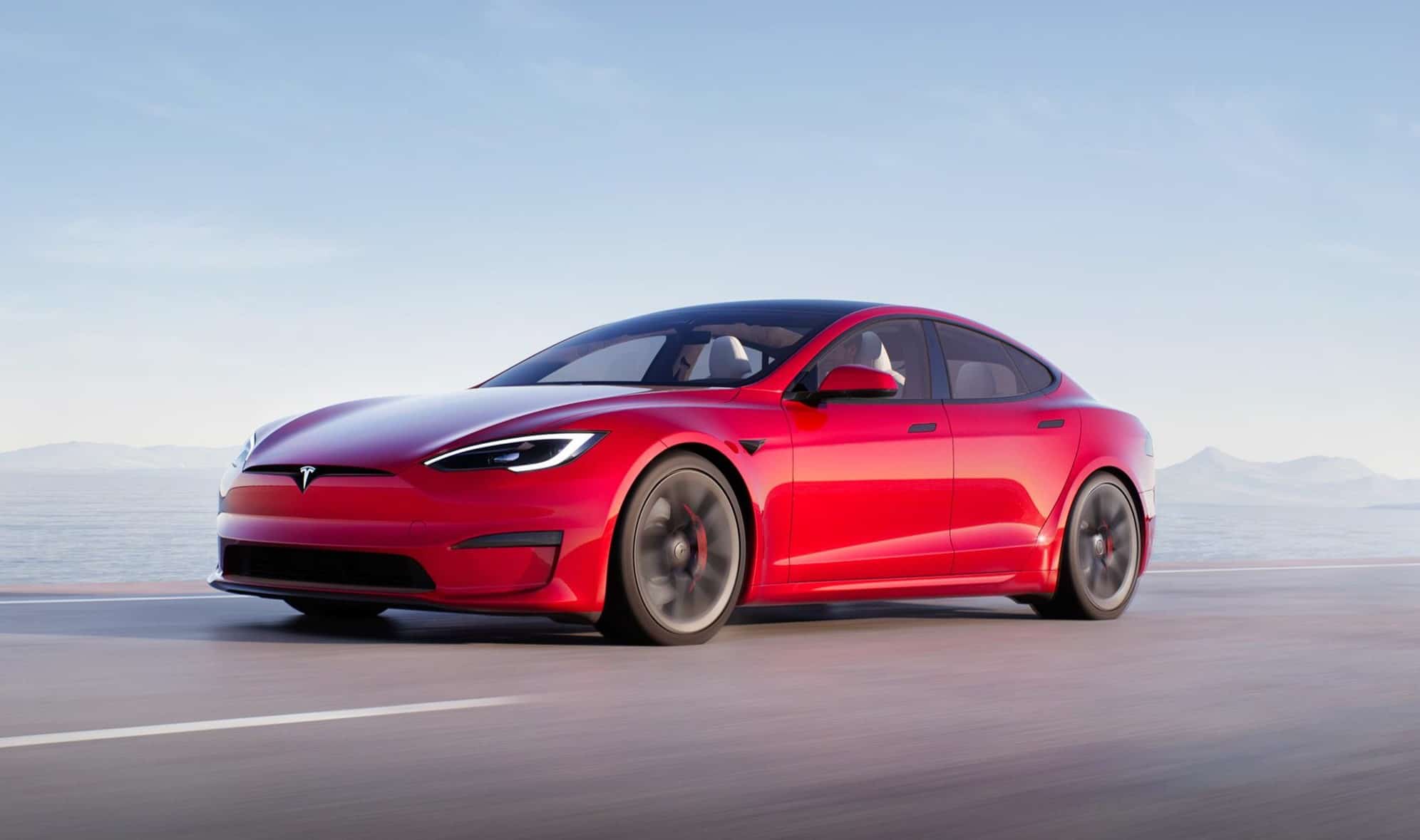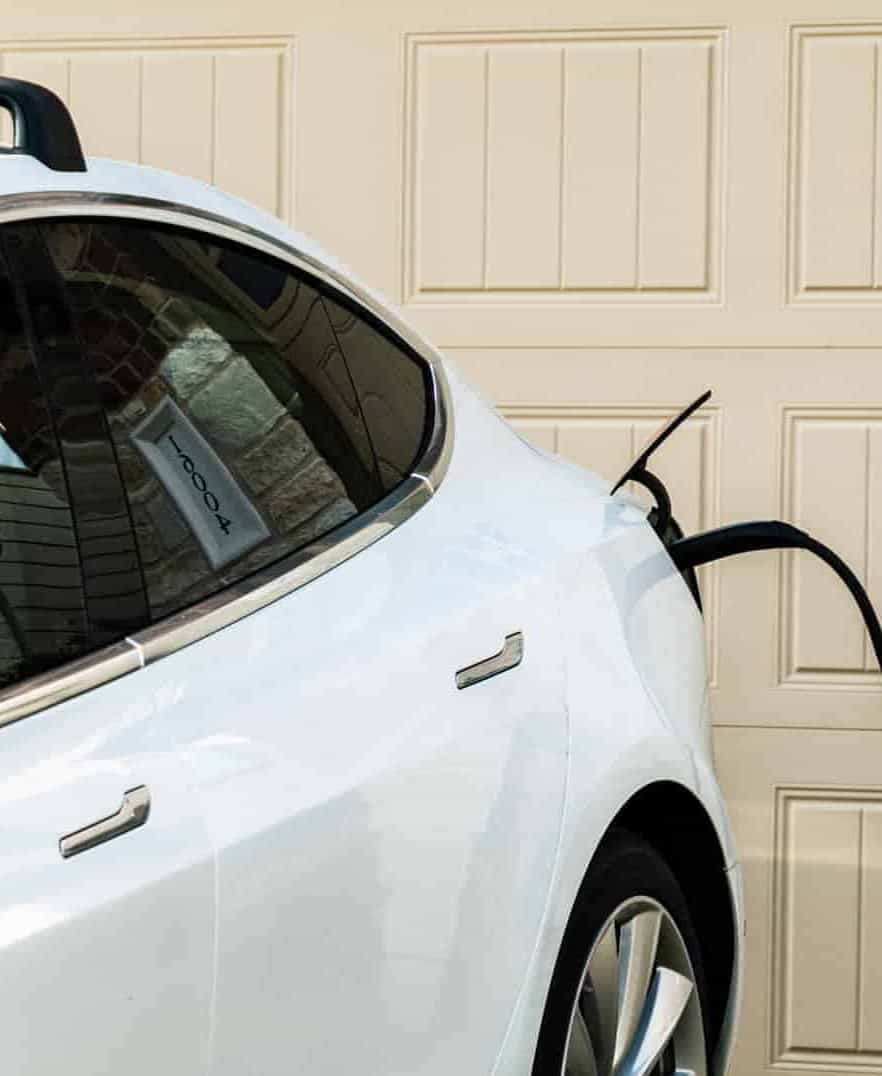If you’re getting a company car or already have one, you may have heard about company car tax. Knowing what it is and how it can affect you is important. Here, we’ll take a look at precisely what company car tax is and how it works.
What Is Company Car Tax?
Company Car Tax is a type of tax which is imposed on employees for the benefit of using an employer-provided vehicle; this is also referred to as benefit in kind (BIK). It is calculated by assessing either the list price of the car or its CO2 emissions, whichever is higher. This means that cars with low emissions are taxed less than those with high CO2 emissions, encouraging drivers to choose more environmentally friendly vehicles.
The employer pays the tax on behalf of the employee, but it ultimately comes from the employee’s pocket as their salary will be reduced to cover the cost. HMRC then calculates your company car tax using the BIK and taxes it according to your income tax bands e.g. 0, 20, 40 and 45%.

What Is A Company Car Tax Calculator?
A company car tax calculator is a tool that allows employers and employees to calculate the amount of Company Car Tax due quickly and efficiently. The calculator considers the vehicle’s list price or CO2 emissions, as well as any optional extras such as parking sensors and alloy wheels. It then calculates the total amount of tax owed on the car, taking into account any exemptions that may be available. These types of calculators are widely available online, and a company car tax calculation can give you a good idea of the amount you owe. HMRC is the recommended one to use, as this is government approved. It requires the following information:
- Tax Year
- Car Availability
- List Price of Car
- Capital Contributions
- Payments Made Towards Private Use
- Date First Registered
- Fuel Type
- Engine Capacity
- An approved CO2 Emissions figure
Once these details have been entered, the company car tax calculated will show up on the screen. This can also be worked out manually to get a p11d value in cases where the car has been unavailable for more than 30 days.
Tax-Free Benefits:
Although you have to pay tax when using a company car, there are some benefits that drivers will not have to pay tax on. More often than not, the cash value of these benefits will outweigh the amount of tax paid, meaning these tax benefits are often a great incentive for a company car.
The following benefits are tax-free:
- Maintenance & Servicing
- Repairs
- Insurance
- Road Tax
- Membership Of A Motoring Organisation

Factors That Affect BIK Rates:
Let’s take a look at factors that affect the BIK (Benefit-in-Kind) rate.
CO2 Emissions:
The more CO2 emissions a car produces, the higher its BIK rate. This is a government plan to directly reduce the number of people purchasing petrol and diesel cars, in order to protect the environment. Company car drivers will face higher charges for cars with high emissions.
Fuel Type:
Petrol cars usually have lower rates than diesel ones, with electric cars having the lowest tax implications possible. As diesel is the most damaging fuel for the environment, the government have created higher company car tax bands for these types of cars.
Engine Size:
Generally speaking, larger engine sizes mean higher BIK rates due to their greater fuel usage.
List Price:
The company car’s value also affects how much tax you’ll pay. The more expensive the car, the more you will be taxed from your salary.
Company Car Tax On Electric Cars:
Electric cars are becoming increasingly popular and come with great tax benefits. The government offer incentives to those who choose greener cars, meaning electric vehicles have the lowest BIK rates of all company cars. As they produce zero emissions, it is considerably better for the environment and helps to reduce air pollution. So not only do electric cars save you money on fuel, but they also save you money on tax!
Here at Fleet Evolution, we specialise in company car lease schemes. We offer an amazing range of cars for you to choose from, so you and your company can enjoy all the tax benefits that come with joining the electric revolution. For more information, please get in touch with our customer service professionals to discuss our amazing electric range today!
Related Article: How Does Business Car Leasing Work?

What Is A P11D Value?
The P11D value is the list price of the car, including any extras such as metallic paint. This is used to calculate your Company Car Tax (CCT) and must be reported to HMRC. The tax liability for company cars is calculated using this P11D value and multiplied by a tax rate set by HMRC.
How Does Company Car Tax Show On My Payslip?
Most people don’t realise that the company car tax you pay is actually included in your monthly salary, usually as an additional line item. The exact amount will depend on the size and type of car offered to you by your employer. If you have any questions about the amount of tax on your payslip, it is always best to speak directly with your employer.
Can I Lower My Company Car Tax?
Company car tax is fixed and is based on the model, emissions and income tax bracket you are in. If you already have a company car, it is unlikely that you can lower the amount of tax you pay. However, if you haven’t chosen a company car yet, here are a couple of things to keep in mind:
If you can select the type of car you would like, choose a vehicle with a lower RRP or one that is in a lower CO2 emissions bracket. Electric cars are a great option for paying less tax.
If you don’t have access to your car full-time, you won’t be taxed as much. If there is no need for you to have the vehicle full-time, discuss your options with your employer.
Finally, contributing to the RRP of the car will help bring down your overall fee.
We hope that this blog has helped explain all things company car tax. For further information, take a look at HMRC’s guidelines and calculator for an accurate estimation. And don’t forget to enjoy the perks of having a company car! It’s definitely worth the tax. Happy Driving!

Company Car Tax FAQs:
We’ve done our best to try and answer some of the most common questions about company car tax below:
How Does Company Car Tax Work?
Company car tax is calculated based on the model of your car, it’s emissions and the income tax bracket you’re in. HMRC has a calculator online that will calculate the company car tax you need to pay.
What Are Approved Mileage Allowance Payments?
Mileage Allowance Payments are paid to employees for using their own car for business journeys.
Do Company Cars Get Taxed?
Yes. Cars registered as company cars will be taxed according to their make, emissions and the employee’s tax bracket. If you need advice on company car tax, we recommend looking online at HMRC or speaking with your employer.
Is There A Way To Avoid Company Car Tax?
Cars that are exempt from company car tax are called ‘pool cars’. These are vehicles that are kept on-site and used specifically for work reasons only. Apart from this, you are required to pay some form of company car tax if you own a company car- it is a legal requirement.

